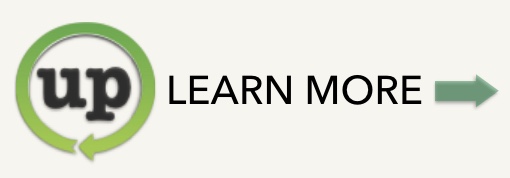Capitalism has two tragic flaws: it relentlessly widens inequality and destroys nature. We must fix both flaws ASAP, but how?
Capitalism today begins with unequal starting conditions, magnifies those initial differences, and then repeats. It is as if an invisible pump continuously sucks wealth to the top, and no offsetting pump spreads it around horizontally.
Just as inexorable is capitalism’s disruption of nature. Nature can’t slow that disruption because it has no power in markets, and governments won’t stop it because future generations have no political clout. Economists describe this as a problem of externalities: property owners shift costs to property-lacking ‘others’ because — well, because they can. Prices for externalities are zero because there aren’t any bargaining partners for co-inherited wealth.
What both of capitalism’s flaws have in common is that they are failures of omission. Imagine an automobile with no brakes. There might be nothing wrong with any of its active parts, but if let loose on a highway it will surely run into trouble. Its problem is that crucial pieces are missing. Just as every car needs brakes, and every democracy needs checks and balances, so every market economy needs boundaries and self-correcting mechanisms.
This is where universal property comes in. It can fix both tragic flaws at the same time by adding property-owning proxies for currently unrepresented stakeholders. The more such proxies we create, the better markets will protect and share our co-inherited wealth.


